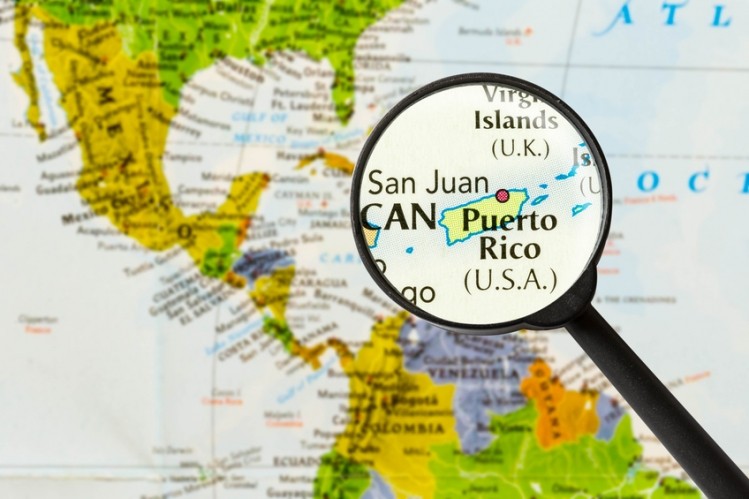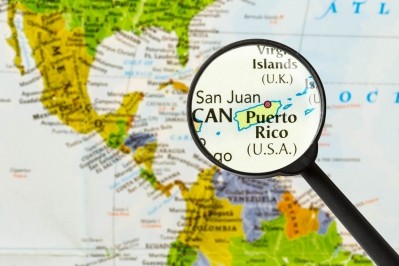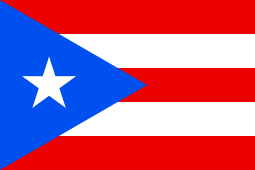NPA says input on Puerto Rican supplement regulation will form part of debt review

The effort is part of a move to bail out the Puerto Rican government from its current debt crisis. The bill intended to do this, known by its acronym Promesa and which already been signed into law by President Obama, was a rare cross-aisle effort to address the commonwealth’s default position on its debt. The bailout was not favored by many in the GOP so, although it had Republican sponsors, it had to be crafted in such a way as to garner significant Democratic support.
The bill now goes before a Congressional task force. NPA CEO and executive director Dan Fabricant, PhD, said efforts by his organization helped make sure that stakeholder comments including those directed at the executive order will be part of that process.
The executive order, known as AO 346, is still technically in force. A move to write the provisions of the order into a bill that would have modified the state’s pharmacy regulations was set aside in late June. The executive order itself came as something of a surprise. It was instituted in early February without notice and without a comment period by Puerto Rico Secretary of Health Ana Riuz Almendáriz. The order sets new requirements that were characterized by both the NPA and the Council for Responsible Nutrition as costly and onerous. Among them are:
• A new regulatory scheme in Puerto Rico for all distributors of dietary supplements. It requires a burdensome product-by-product registration per store requiring $25 fee for every variation of a supplement by size, color, SKU.
• A requirement for all manufacturers of dietary supplements seeking to sell their products in the commonwealth to pay an additional $500 fee. Distributors must also register and pay an additional $100 fee.
‘Money grab’
Fabricant had previously labeled the executive order as a blatant ‘money grab’ in an effort to refill government coffers drained by the commonwealth’s current financial crisis. Puerto Rico is $70 billion in debt from years of issuing bonds to maintain services and government job rolls during a period of declining tax revenues. Promesa will address this situation, and Fabricant said unraveling policies such as the one put into place by Almendáriz ought to form part of the debt relief negotiations.
“We’ve got this task force looking into a lot of the issues in Puerto Rico. The board of governors [set up by the bill] has the oversight to make sure that a debt situation like this doesn’t happen again,” Fabricant said.
One of the keys to solidifying the commonwealth’s financial future is finding ways to boost the local economy so that tax revenues can more closely match outlays. Fabricant said one of the key messages stakeholders and Congressional allies including including Rep. Ryan Zinke (R-MT) will make to members of the task force is that allowing an executive order to stand that unduly restricts a proven growth industry will not aid the commonwealth in climbing out of its current hole.
“This isn’t good for anybody. It’s hurting business in a growth industry. Our job is to give the background on why it’s bad policy,” Fabricant said.







